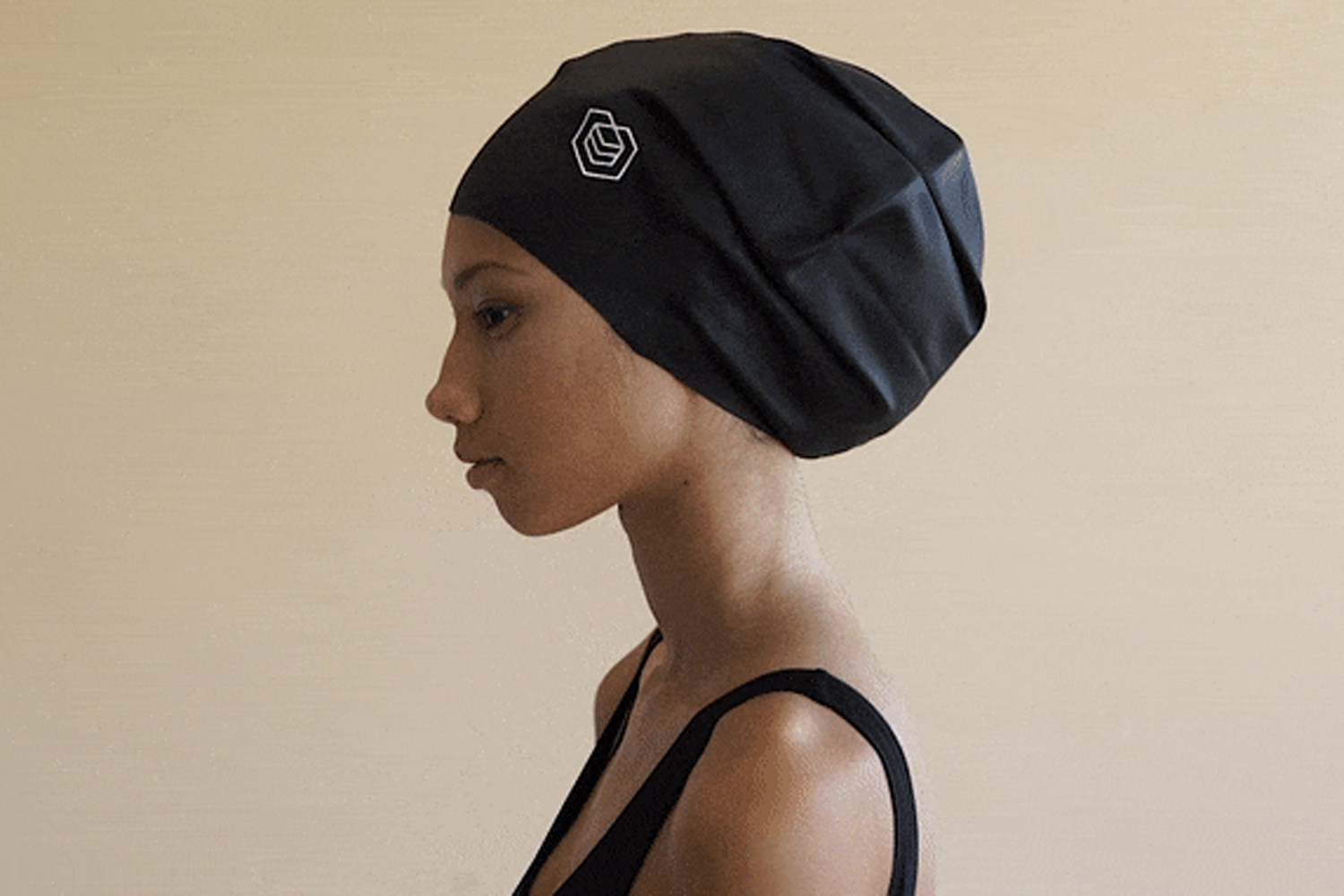
Explained: What is a ‘Soul Cap’ and why is it banned at the Olympics?
Global swimming federation FINA rejects use of Soul Caps at Tokyo Olympics, but global backlash from black athletes may lead it to a rethink

Soul Cap, a black-owned company based in the UK, came out with a swim cap that those with Afro hair loved. It was extra-big to keep long, thick and voluminous black hair in place as the sportsperson swam.
But the FINA (Fédération Internationale de Natation, or International Swimming Federation) rejected its use at the Olympics, calling it ‘unsuitable’.
Behind the Soul Cap
Soul Cap, a British company run by blacks, makes towels and swim caps specifically for Afro hair. Its products are larger than the regular towels and caps. In fact, the caps — also branded as Soul Caps — come in various sizes, from Junior to Regular to XXL.
Recalling their journey, the company’s founders, Michael Chapman and Toks Ahmed-Salawudeen, said that when they began to learn swimming, they noticed how Afro hair could be an impediment. “One day, we met a woman with Afro hair who struggled with the size of her swim cap. And that got us thinking, why weren’t there more products for people blessed with voluminous hair?” they have said on their website.
To handle thick, curly and voluminous black hair — which is typically very dry and is often done in weaves, braids and dreadlocks — the duo decided to design and produce extra-large swim caps. Till date, their company Soul Cap has shipped over 30,000 swim caps to customers globally.
Why now, asks FINA
The organisers of the Tokyo Olympics rejected the use of Soul Caps in swimming events as FINA deemed them ‘unsuitable’. The caps did not fit “the natural form of the head”, argued FINA.
To the best of its knowledge, “the athletes competing at the international events never used, neither require…caps of such size and configuration”, it said.
Also read: Olympics a few months away, but are Indian athletes prepared?
Earlier, too, FINA had expressed the view that swim caps with extended volumes may give the users an aqua dynamic advantage, since it would disrupt the flow of water.
“There is no restriction on Soul Cap swim caps for recreational and teaching purposes. FINA appreciates the efforts of Soul Cap and other suppliers to ensure everyone has the chance to enjoy the water,” said its official statement. “FINA will also speak with the manufacturer of the Soul Cap about utilising their products through the FINA Development Centres.”
The global backlash
The FINA decision received sharp criticism from black athletes and activists across the world. The decision will “discourage many younger athletes from pursuing the sport as they progress through local, county and national competitive swimming”, said Ahmed-Salawudeen of Soul Cap in a social media post.
Those who opposed the decision said it was a typical case of non-inclusivity in a largely white-dominated world. Afro hair tends to be dry and difficult to manage, and this often impedes the performance of black swimmers, said activists. The organisers of international events did not try to find a workaround for this because the problem is exclusive to blacks, they stressed.
The chemicals — such as bleach — used in swimming pools made the hair even more difficult to contain in regular swim caps, they pointed out. The ‘regular’ swim caps were designed with Caucasian hair in mind, and enforcing its use on people with vastly different physical features was singularly racist, they further said.
What happens next
Responding to the criticism, FINA said it will review its decision, “understanding the importance of inclusivity and representation”.
“FINA is committed to ensuring that all aquatics athletes have access to appropriate swimwear for competition where this swimwear does not confer a competitive advantage,” it added.

